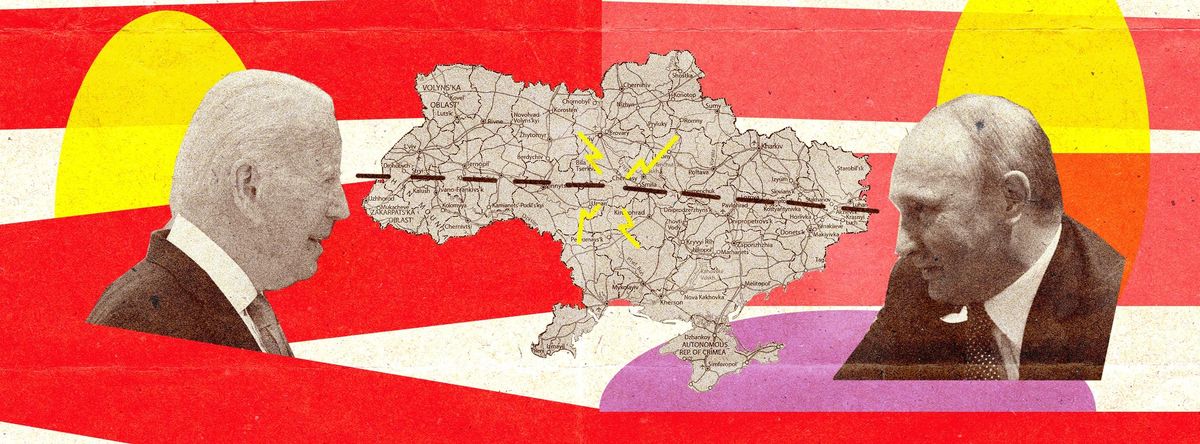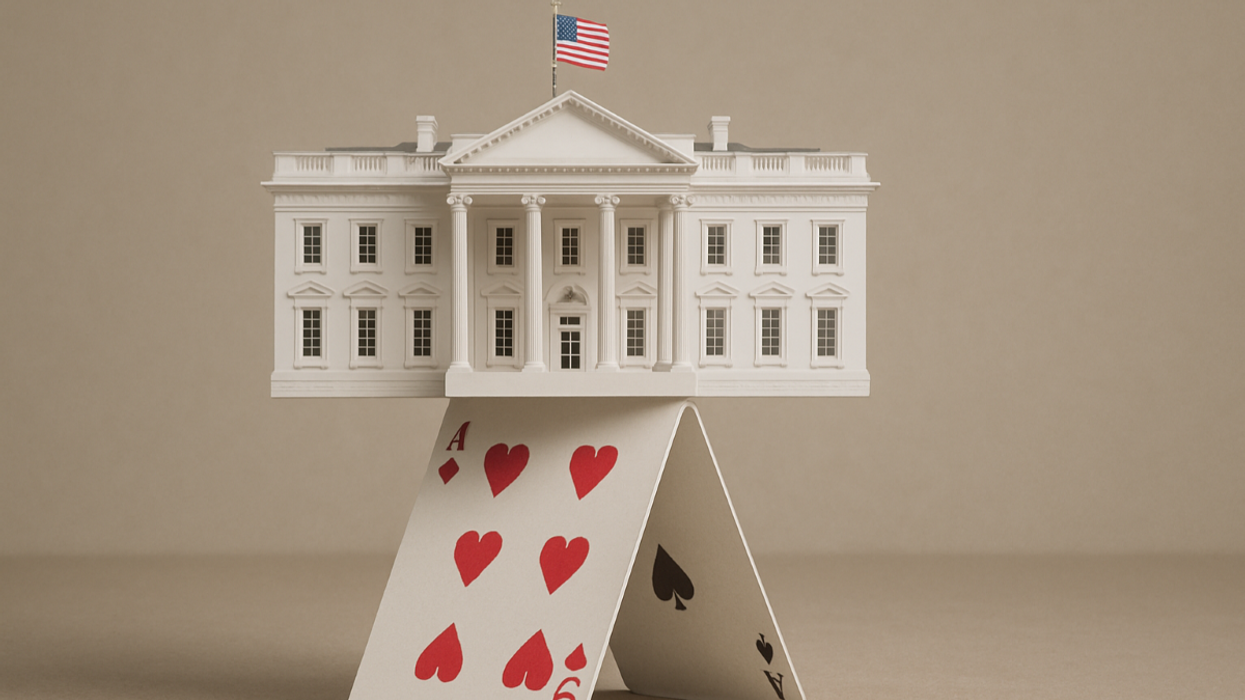US Secretary of State Antony Blinken had a two-hour meeting with Russia’s Foreign Minister Sergei Lavrov on Friday, in an effort to lower the temperature after weeks of tense negotiations over Ukraine ended in deadlock. Lavrov described the discussion as "constructive, useful."
The first round of talks between Washington, NATO and Moscow had made little progress, with Russian officials last week describing them as a “dead end” until and unless the West addresses Russia’s security concerns in writing.
Since then, hostilities have flared up.
First, there was the cyberattack targeting Ukrainian government websites and the malware attack against the country’s computer networks. Then, Russia announced the deployment of additional troops to Belarus and reportedly evacuated its Kyiv embassy staff. US intelligence has also reportedly discovered that the Kremlin is planning a false-flag operation in Ukraine to fabricate a pretext for an invasion.
Want to understand the world a little better? Subscribe to GZERO Daily by Ian Bremmer for free and get new posts delivered to your inbox every week.
Meanwhile, the UK stepped up its arms shipments to Ukraine over the weekend, and the US is reportedly preparing new sanctions against individual separatists in Donbas. While the White House is still banking on a diplomatic solution, the administration has understandably soured on the outlook for averting Russian military intervention.
“We’re now at a stage where Russia could at any point want an attack in Ukraine,” White House press secretary Jen Psaki said on Tuesday. A day later, President Biden himself predicted that Russia will “move in” on Ukraine, while speculating that Putin “still does not want any full-blown war.”
There are some pundits and officials who believe that the Kremlin does not actually want the negotiations to succeed. Rather, they think, Putin has already made up his mind to invade Ukraine, and now he’s just looking for a pretext to do so. That’s why he’s insisted on extracting such maximalist terms from the US and NATO that everyone knows they can’t possibly agree to.
While that’s a plausible interpretation of the facts, my view is different. I think Putin is using hostilities not as a prelude to an invasion but as a cudgel to force the West to take his concerns about European security seriously.
As I wrote back in December, another large-scale invasion of Ukraine would impose high human, economic, and political costs on Russia and Putin. For one, most Russians would not welcome a new war with Ukraine. The Ukrainian army is much stronger today than it was in 2014 and would inflict heavy losses on Russian forces. An invasion of any region other than Crimea would pit them against hostile local populations. In addition to the human toll, occupation doesn’t come cheap—Russia spends about $4 billion on the Donbas and $2 billion on Crimea annually, and that’s before you factor in the high cost of new Western sanctions. Finally, an invasion would bring the Americans and the Europeans closer together, and bolstering NATO is the last thing Putin wants.
That’s why I think a full-scale invasion is unlikely, and why negotiations are likely to drag on—albeit complicated by further posturing and low-grade escalation along the way. More of the same from Russia to extract concessions from the West (such as further troop or weapons build-ups, cyber operations on non-critical infrastructure, flare-ups in fighting in Donbas) will invite more targeted sanctions as well as greater military assistance to Kyiv. As long as Moscow’s moves fall short of an outright invasion, Western responses will continue to be limited in nature—making it harder for the Americans and Europeans to maintain a united front.President Biden acknowledged as much during a press conference on Wednesday, when he let it slip that NATO allies would be divided on how to respond to a “minor incursion” short of a full-scale invasion.
“It depends on what he does, to what extent we'll get total unity on the NATO front,” Biden said. That discord in and of itself would count as a win for Putin, who’s always been intent on sowing division within NATO
At the same time, we shouldn’t dismiss the chance that a breakdown in talks prompts Moscow to see overt military action as the only alternative, no matter the cost. Whether that happens or not depends on whether the Kremlin sees a clear path toward an agreement with the West. Such a deal would need to at least partially address Russia’s concerns regarding Ukraine’s NATO membership prospects, a central issue for Putin.
While a concession on this front won’t be palatable to Washington and its European allies—who in fact publicly refused to formally halt NATO expansion last week—it could be achievable in practice if not in principle given that there is no real-world path for Ukraine to enter the alliance. That could not only defuse the current crisis but also increase trust between the two sides and reduce the risk of further confrontations in the future.
But should Putin conclude that the US and NATO will not grant the security guarantees he seeks, he might look to secure his objectives by military means instead. In that sense, I don’t think Putin is bluffing. If he doesn’t get meaningful assurances from the West, he will escalate. The question is whether he may be better served by a more limited military incursion short of outright invasion that puts the Americans and the Europeans at odds with each other.
Finally, even if neither side intends to go to war—as I think is the case—they could very well stumble into it. The next few weeks will bring further rhetorical and security escalations as diplomatic avenues get explored (and exhausted). With so many troops and arms lying around and so little trust between the sides, the risk of miscommunication, miscalculation, and accidents will remain high. It wouldn’t be the first case of brinkmanship gone wrong.
🔔 And if you haven't already, don't forget to subscribe to my free newsletter, GZERO Daily by Ian Bremmer, to get new posts delivered to your inbox.



















